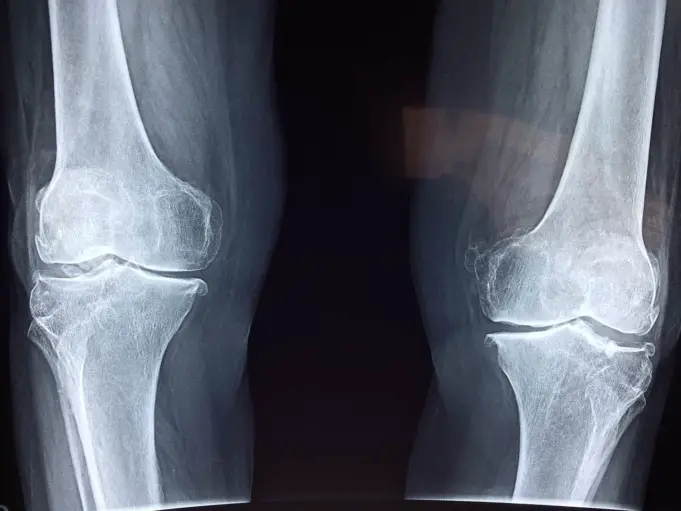Knee replacement surgery, or knee arthroplasty as it’s also called, refers to the surgical procedure that replaces a damaged or diseased knee with an artificial joint.
It can be performed in cases of knee injury but, most commonly, it’s prescribed for impairment caused by arthritis.
This type of surgical intervention has become very common in the United States because of the increased life expectancy and improvements in technology. They’re far less dangerous that they used to be back when they were seen a last resort.
But even now, you can’t expect to be in the hospital one day and go jogging the next. There will be some limitations and some precaution you need to take to ensure a smooth recovery.
The Days After the Surgery
After you have your surgery you will most probably be asked to stay in the hospital for a couple of days. You’ll be given a walker to help you move around and you should be able to walk without assistance in about two or three weeks.
Even though it will take between six months and one year for you to make a complete recovery, after only three months you should be able to perform most day-to-day activities with greater ease than before having surgery.
Can You Go Back to Work?
This depends on what kind of job you have. According to Dr. Patrick Meere patients today benefit from a much shorter and less troublesome recovery period due mostly to the advancements we’ve made in terms of minimally invasive procedures.
If you have a mostly sedentary job where you need to sit at your desk to complete your tasks, then you could be ready to go back in less than 6 weeks as long as you keep the operated leg elevated and walk around at appropriate intervals.
For jobs that require more standing and walking but nothing too strenuous, patients can return after they can walk without a limp, between 6 and 12 weeks.
For jobs that have heavier physical requirements, you will have to check with your doctor to see when it’s safe for you to perform your requirements.
Exercise and Impact Sports
Even if you’ll find considerable alleviation of your previous symptoms, it’s important to have realistic expectation. An artificial knee, as remarkable as it is, will not bend as much as a natural one. Activities such as kneeling, running, jumping and heavy labor can cause difficulties and you need to be careful.
If you’re planning to engage in any contact sports, it would be wise to first check with your orthopedic surgeon as the risk of damage is very real.
Even if you will be physically capable of performing such activities, they can negatively impact the lifespan of the implant. Most experts recommend caution when it comes to skiing, football, soccer, baseball and basketball.
Although managing your weight is highly beneficial to the health of your knees, you’ll still have to take it easy. You could go for walks, get a subscription to a swimming pool or anything that’s gentle enough to avoid further damage.












